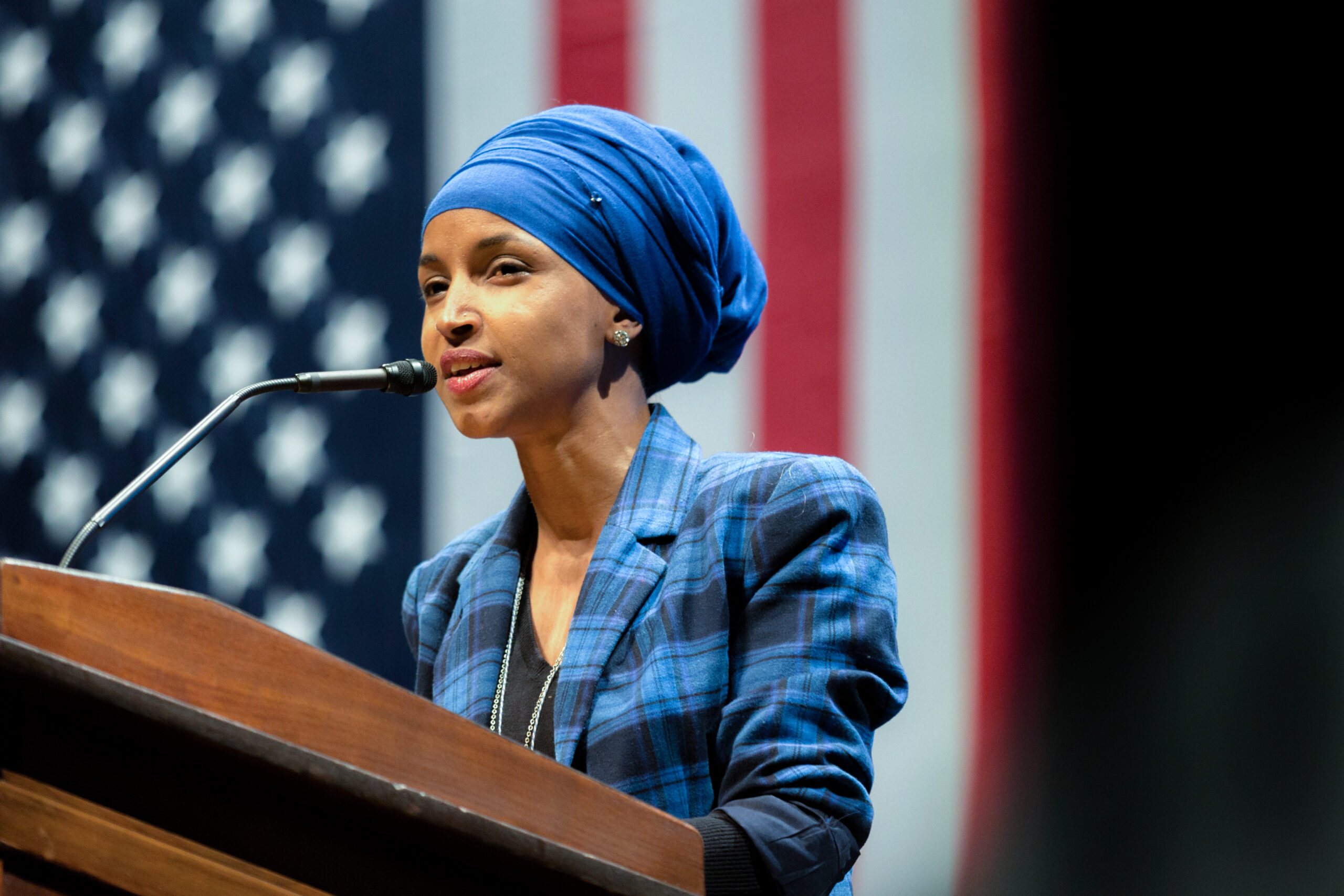Photo credit: Lorie Shaull via flickr
Recent U.S. elections saw a steep rise in female political representation. This is a vital step towards greater gender equality and inclusion, but Juliana Restrepo Sanín points out a challenge: “in a political landscape increasingly marred by violence and bigotry, how can violence against politically-active women be prevented? Ensuring that elected women have the chance to represent their constituents and advance their political agenda in equal conditions as men is imperative if the principles of democracy are to be sustained.”
In the News:
“Attacks on women in politics come from a wide array of actors, including political opponents and citizens both on and offline, as well as members of their own party, their supporters, and their families. In my own research in Bolivia, I find that women often face violence from their alternates who, with the support of political parties, pressure women to sign pre-electoral agreements in which they accept to resign once they are elected or halfway through their term. Furthermore, women are attacked regardless of what policies they support or their party affiliation—this suggests that this violence is motivated by their gender…Physical and psychological violence frequently occur concurrent to other forms of violence, including online attacks and economic violence. Economic violence entails controlling women’s access to economic resources necessary to perform their campaigns or their jobs as elected officials. Online attacks include threats of physical and sexual violence, as well as the circulation of images and comments aimed at sexualizing or erasing women, questioning their competence for public office.”
“Recent gains in women’s political representation in the US represents is an important step towards greater gender parity in decision-making. However, women’s electoral success also presents a challenge: in a political landscape increasingly marred by violence and bigotry, how can violence against politically-active women be prevented? Ensuring that elected women have the chance to represent their constituents and advance their political agenda in equal conditions as men is imperative if the principles of democracy are to be sustained.”
Insight from Peace Science:
- In the U.S., domestic right-wing terrorism is most clearly related to the following factors:
- Higher abortion rates
- Higher levels of female participation in the workforce
- A Democratic president
- Changes in gender relations may be profoundly threatening to certain individuals, resulting in their use of violent tactics to attempt to re-assert control.
- Symbolic targets and threats to identity privilege are more important to motivating right-wing terrorism than objections to policy or more straightforward material or economic factors.
Gender hierarchies: the privileging of masculinity and its associated traits over femininity and its associated traits, whether or not these traits are attached to actual women and men, such that actors or actions marked as “masculine” have greater access to power and/or are more favored and those marked as “feminine” are marginalized, denigrated, or excluded.
Patriarchy: an unequal social system where men and masculinity are highly valued and in a dominant position and women and femininity are devalued and in a subordinate position.
Additional peace science findings related to female political participation:
- Democratic countries with rivals are more likely to have lower percentages of women in their national parliaments.
- When democratic countries are involved in an international rivalry, average female political representation is cut in half, from nearly 20% to 10%; when they are involved in two rivalries, female representation falls to 4%.
- Gender hierarchies support other forms of hierarchy and therefore are used not only to distinguish men from women but also to distinguish between different men (through, for instance, being denigrated and disciplined with feminine name-calling).
References:
-
“The US Elected a Record Number of Women: Now they May Face Violence” By Juliana Restrepo Sanín via Political Violence @ A Glance. Nov. 28, 2018.
-
Peace Science Digest, Vol 2, Issue 2: “Motivations For Domestic Right-Wing Terrorism In The United States”; Special Issue: Gender & Conflict “How Military Rivalries Impact Female Political Representation”; “Critical Feminist Insights on Security, Militarism, and the Inclusion of Women in the Military”

